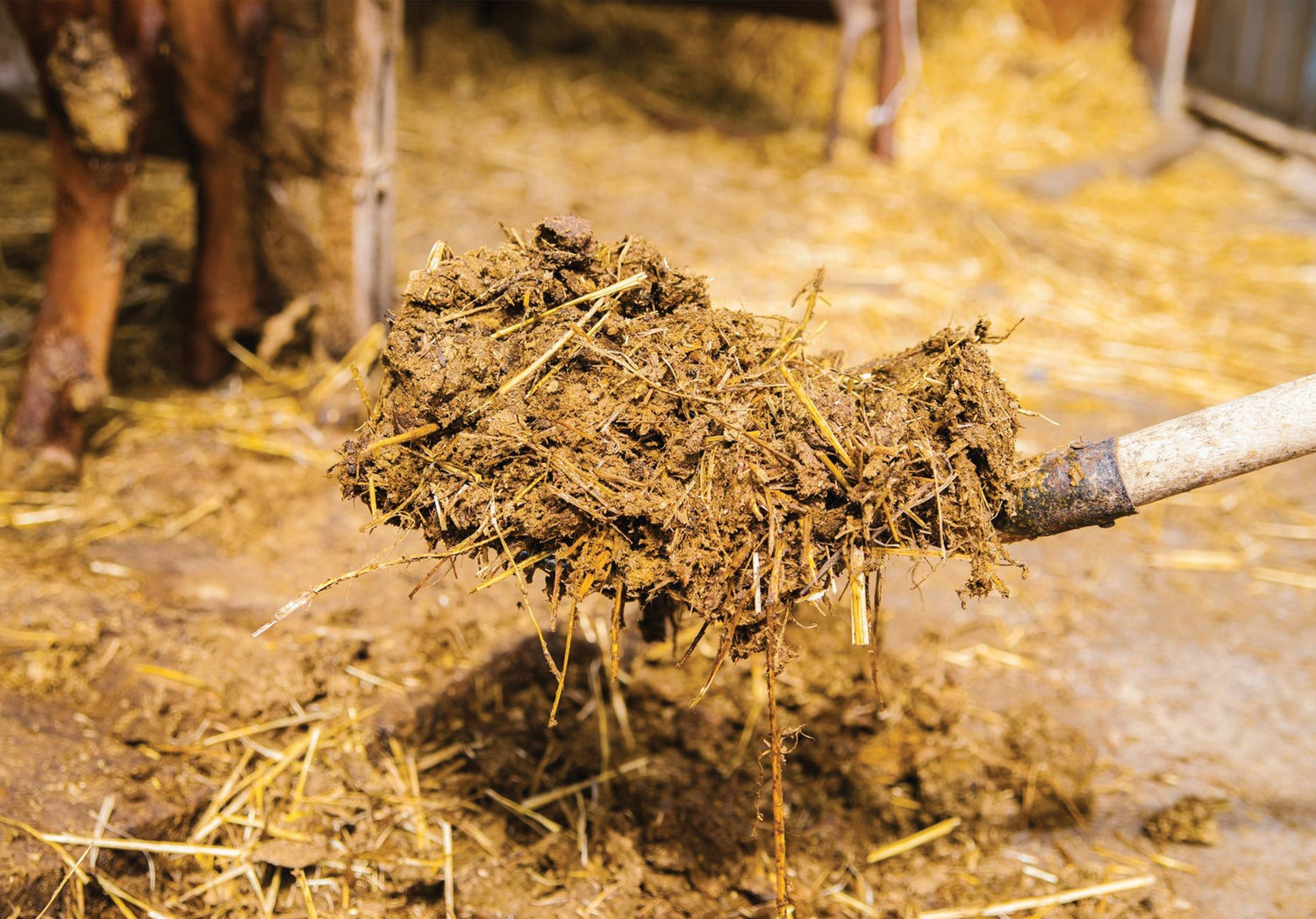It is a fermented microbial culture. It provides nutrients, but most importantly, acts as a catalytic agent that promotes the activity of microorganisms in the soil, as well as increases earthworm activity; During the 48 hour fermentation process, the aerobic and anaerobic bacteria present in the cow dung and urine multiply as they eat up organic ingredients (like pulse flour). A handful of undisturbed soil is also added to the preparation as an inoculum for native species of microbes and organisms. Jeevamrit also helps to prevent fungal and bacterial plant diseases.
Ingredients forJeevamrit

- Water 200 liters
- Jaggery 2 kg
- Cowdung 10 kg
- Pulseflour 2 kg
- Cow urine 10 liters
- Handful ofsoil from farm/forest/bund
Preparation method
Take a container or plastic drum of 50 litres to which you can add 10 kg of cow dung, 10 litres of cow urine and 10 litres of water, and mix them thoroughly. To this, add 2 kg pulse flour, 2 kg organic jaggery, and a handful of garden soil. Add 10 litres of water and stir it clockwise to form a homogenous solution. Transfer this solution to 200-litre plastic barrel and make the volume 200 liters. Keep the drum in a shaded area or in a room, and cover it with a wet jute bag. Stir the solution daily in a clockwise direction in the morning, afternoon, and evening. Incubate the solution for 4 to 7 days and use it (Palekar, 2006; Devakumar et al., 2008).

Application
Along with irrigation water as flood or drip/sprinkler @ 200 litres/acre at a 15-day interval; foliar spray @ 5 to 10% depending on crop age at a 20–25-day interval; and 2-3 L per fruit-bearing tree in a basin around the tree trunk once a month.
